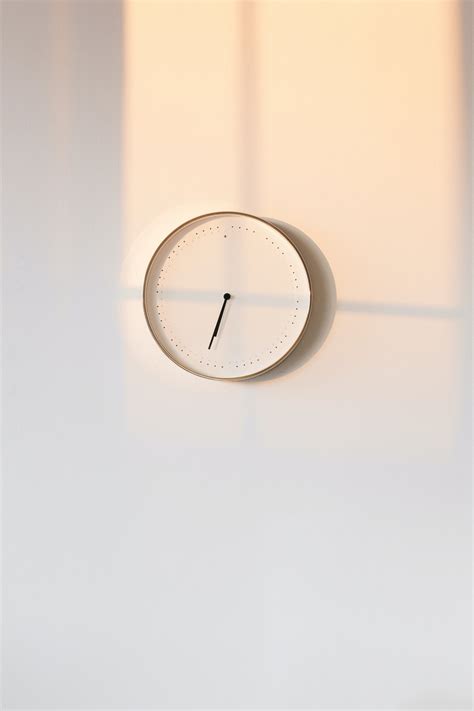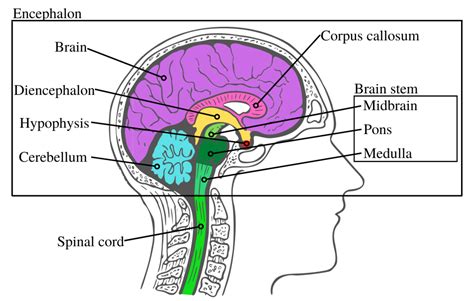What is the recommended daily amount of sleep for an adult?

Understanding Adult Sleep Recommendations
In our fast-paced world, sleep often takes a backseat, yet it’s a fundamental pillar of good health. Just as essential as diet and exercise, adequate sleep plays a critical role in our physical and mental well-being. But how much sleep is truly enough for an adult?

The Consensus: 7 to 9 Hours Per Night
Leading health organizations, including the National Sleep Foundation and the Centers for Disease Control and Prevention (CDC), consistently recommend that adults between the ages of 18 and 64 aim for 7 to 9 hours of sleep per night. While this is a general guideline, it represents the sweet spot for the vast majority of the adult population.
For older adults (65 years and over), the recommendation slightly shifts to 7 to 8 hours, acknowledging natural changes in sleep patterns that occur with age, though the need for quality sleep remains high.
Why Adequate Sleep is Non-Negotiable
Sleep is not merely a period of inactivity; it’s an active and vital process during which our bodies and minds perform essential restorative functions. Without sufficient sleep, these processes are disrupted, leading to a cascade of negative effects.
- Physical Restoration: During sleep, the body repairs cells, rebuilds muscle tissue, and releases hormones essential for growth and appetite regulation.
- Cognitive Function: Sleep is crucial for memory consolidation, learning, problem-solving, and decision-making. It helps clear metabolic byproducts from the brain.
- Emotional Regulation: Adequate sleep helps regulate mood, reduce stress, and improve emotional resilience.
- Immune System Support: A well-rested body is better equipped to fight off infections and inflammation.
- Metabolic Health: Consistent sleep helps maintain healthy blood sugar levels and can reduce the risk of type 2 diabetes.

Individual Variation in Sleep Needs
While 7 to 9 hours is the general guideline, it’s important to remember that sleep is highly individual. Some adults may thrive on closer to 7 hours, while others might consistently need 9 hours to feel fully rested and perform at their best. Factors influencing individual sleep needs include:
- Genetics: Some people are naturally “short sleepers” or “long sleepers” due to genetic predispositions.
- Lifestyle: High levels of physical activity, mental stress, or demanding work schedules can increase sleep requirements.
- Health Conditions: Illnesses, chronic pain, or certain medications can affect sleep quality and duration.
- Pregnancy: Pregnant individuals often require more sleep, especially during the first and third trimesters.

The Risks of Sleep Deprivation
Consistently getting less than the recommended amount of sleep can have serious consequences beyond just feeling tired. Chronic sleep deprivation is linked to an increased risk of:
- Obesity
- Heart disease and high blood pressure
- Diabetes
- Weakened immune system
- Impaired cognitive function and memory issues
- Mood disorders, including depression and anxiety
- Increased risk of accidents due to impaired alertness
Tips for Achieving Optimal Sleep
If you’re struggling to meet your sleep goals, implementing good sleep hygiene practices can make a significant difference:
- Stick to a Schedule: Go to bed and wake up at the same time every day, even on weekends.
- Create a Relaxing Environment: Ensure your bedroom is dark, quiet, cool, and comfortable.
- Limit Blue Light: Avoid screens (phones, tablets, computers, TVs) at least an hour before bedtime.
- Watch Your Diet: Avoid heavy meals, caffeine, and alcohol close to bedtime.
- Incorporate Exercise: Regular physical activity can promote better sleep, but avoid intense workouts too close to bedtime.
- Manage Stress: Practice relaxation techniques like meditation, deep breathing, or a warm bath before sleep.

Conclusion: Make Sleep a Priority
Ultimately, the recommended daily amount of sleep for an adult is between 7 and 9 hours, but it’s crucial to listen to your body and determine what makes you feel best. Prioritizing sleep is not a luxury; it’s a fundamental necessity for maintaining your physical health, mental clarity, and emotional balance. By making conscious efforts to improve your sleep habits, you invest in a healthier, more productive, and happier life.
![15 Top Strategies for Teaching Adult Learners [+ FAQs] – University of San Diego - Professional ...](https://www.30324.com/images/aHR0cHM6Ly90czEubW0uYmluZy5uZXQvdGg/aWQ9T0lQLjczd2w3aUo2UE9lWVl5bHZwMk9NVmdIYUNlJnBpZD0xNS4x.webp)









